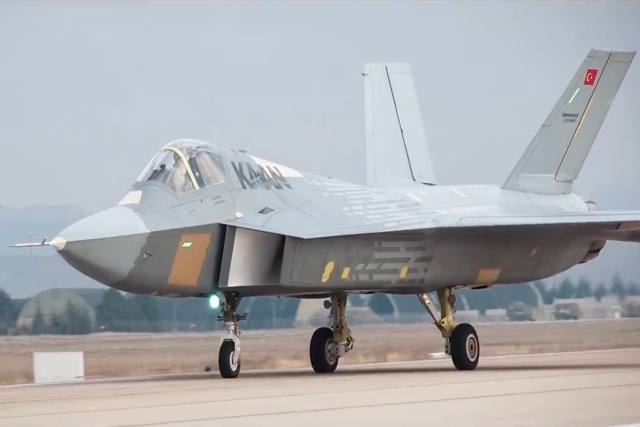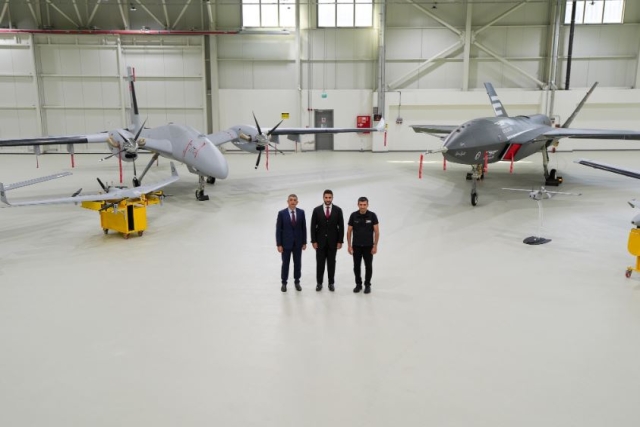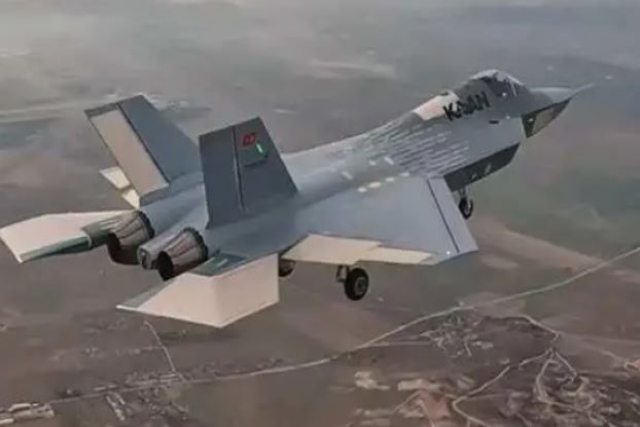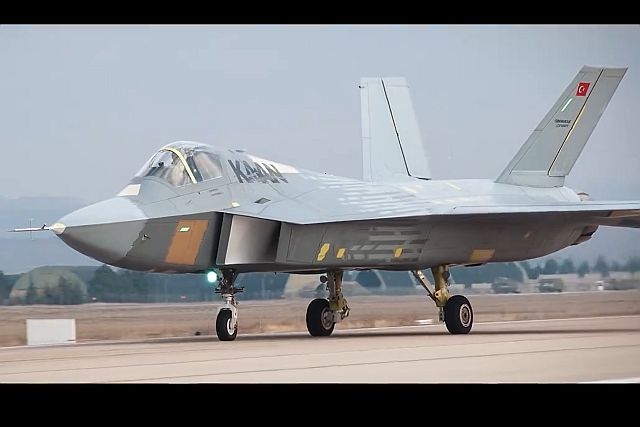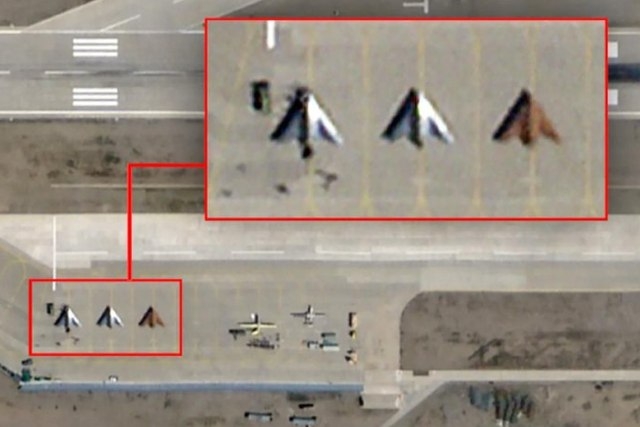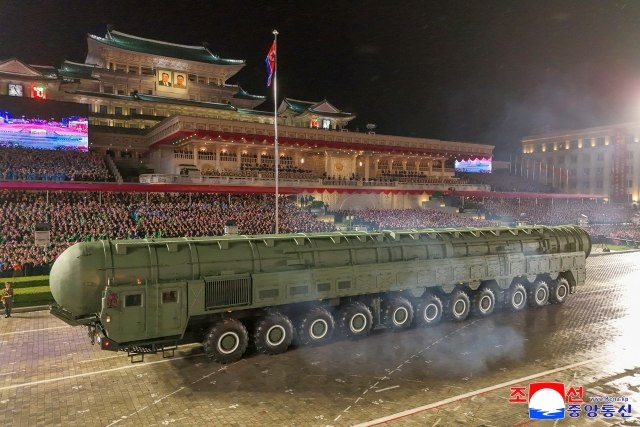Saudi Arabia Eyes Purchase of 100 KAAN Fighter Jets from Turkey
Turkish-Saudi defense ties deepen as Riyadh explores alternatives to fifth-generation fighters.
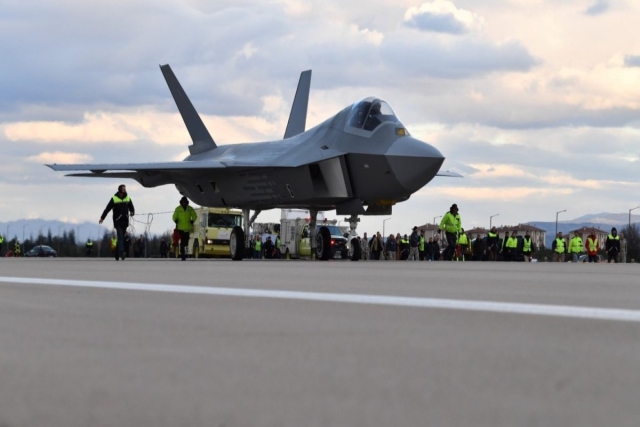
Saudi Arabia is reportedly pursuing a deal to acquire 100 KAAN fighter jets from Turkey as part of its Vision 2030 initiative.
The discussions regarding the deal took place during a meeting in Istanbul last week between Haluk Gorgun, head of the Turkish Defence Industries Directorate, and Saudi Assistant Defence Minister Khalid Bin Hussein Al-Bayari. The Commander of the Royal Saudi Air Force, Turki Bin Bandar Al-Saud, was also present, as per reports.
Saudi Arabia's interest in the KAAN jets likely stems partly from the U.S. refusal to supply the Kingdom with F-35 aircraft over its purchase of Russian S-400 missile systems. Analysts view this as a signal from Riyadh to Washington that it has alternative sources for military technology. Saudi Arabia reportedly sees the KAAN jets as a stopgap measure until it secures more advanced aircraft in the future.
This development underscores the strategic importance of modern fighter jets in regional geopolitics and Saudi Arabia's pursuit of defense diversification under Vision 2030.
The Saudi Kingdom is deepening its defense collaboration with the Turkish Republic, building on a 2023 agreement to purchase Turkish Bayraktar Akinci drones, hailed as “the largest defense and aviation export contract in Turkey’s history.” A potential deal for 100 TF KAAN fighter jets could similarly break new ground, providing critical investment for Turkey’s ambitious aircraft program. Moreover, a large-scale Saudi order could reduce the per-unit cost of the aircraft, potentially making the KAAN more appealing to other foreign buyers who might otherwise be deterred by its price.
The KAAN, developed by Turkish Aerospace Industries (TUSAS), is a fifth-generation fighter jet designed for air-to-air and air-to-ground missions, powered initially by General Electric F-110 engines used in fourth-generation aircraft. Turkey plans to replace these with indigenous engines, but without fifth-generation powerplants, the KAAN may be classified as a "4.75-generation" fighter, similar to South Korea’s KF-21 Boramae.
Saudi Arabia appears satisfied with this designation, especially if it includes technology transfers and joint production to bolster its domestic arms industry. Riyadh, which already fields modern F-15SA fighters and plans to acquire additional Eurofighters and Rafales, has long sought fifth-generation jets like the F-35. However, U.S. reluctance to authorize sales has pushed the Kingdom to explore alternatives, including the KAAN.
Riyadh may also aim for sixth-generation aircraft by the 2040s. It has shown interest in joining the UK-Japan-Italy Global Combat Air Program (GCAP) developing the Tempest stealth fighter, though Japan’s concerns over delays could hinder Saudi participation.
